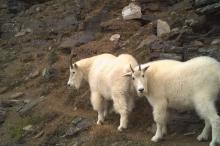News
-

UBC evolutionary biologist Dr. Dolph Schluter named AAAS Fellow
April 18, 2024
Internationally renowned evolutionary biologist Dr. Dolph Schluter has been elected to the newest class of American Association for the Advancement of Science (AAAS) fellows, among the most distinct honours within the global scientific community. AAAS, the world’s largest general… read more
-
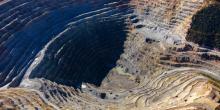
How art can help us talk about the green transition
April 16, 2024
Elders, researchers and musicians are using art to get people talking about the challenges and opportunities of a transition to renewable energy. The Heavy Metal Suite concert premiers on Earth Day, featuring individual musical movements inspired by the critical elements needed for the green… read more
-
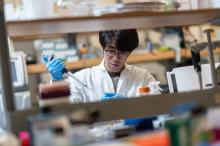
UBC adding 778 student spaces across technology and life sciences programs thanks to provincial investment
April 12, 2024
B.C.’s Minister of Jobs, Economic Development and Innovation, the Honourable Brenda Bailey, was on site at UBC’s Vancouver campus Friday to celebrate the expansion of technology-related learning spaces as part of the provincial government’s long-term plan to meet growing demand… read more
-
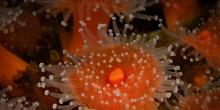
Tropical coral-infecting parasites discovered in cold marine ecosystems
April 11, 2024
Parasites thought only to infect tropical coral reefs have been discovered in a large variety of creatures in cold marine ecosystems along the Northeast Pacific, according to new research from University of British Columbia botanists. The finding, published today in Current Biology, greatly… read more
-
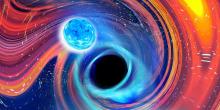
New gravitational wave signal helps fill the ‘mass gap’ between neutron stars and black holes
April 8, 2024
A collaboration of researchers including UBC scientists have observed gravitational waves from the collision of what is most likely a neutron star and an object likely to be a light black hole, 650 million light-years from Earth. The mass of the black hole is 2.5 to 4.5 times the mass of Earth… read more
-
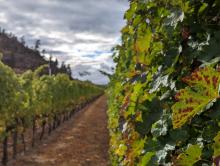
With the planet facing a 'polycrisis', biodiversity researchers uncover major knowledge gaps
April 3, 2024
A scientific review has found almost no research studying the interconnections across three major threats to planetary health, despite UN assessments suggesting one million species are at risk of extinction, a global pandemic that resulted in over six million excess deaths, and a record-breaking… read more
-
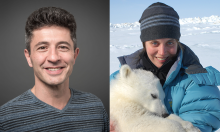
Science researchers nab UBC’s premier awards
March 19, 2024
Material scientist Dr. Andrea Damascelli and statistical ecologist Dr. Marie Auger-Méthé have earned two of UBC’s top research honours—the Jacob Biely Research Prize and the Charles A Mcdowell Award for Excellence in Research, respectively. Dr. Damascelli, a leading… read more
-
Global wildlife study during COVID-19 shows rural animals are more sensitive to human activity
March 18, 2024
One of the largest studies on wildlife activity—involving more than 220 researchers, 163 mammal species and 5,000 camera traps worldwide—reveals that wild animals react differently to humans depending on where the animals live and what they eat. Bigger herbivores—plant-eating… read more
-
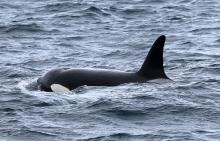
Shark-bitten orcas in the Northeastern Pacific could be a new population of killer whale
March 15, 2024
UBC researchers believe a group of killer whales observed hunting marine mammals including sperm whales, as well as a sea turtle, in the open ocean off California and Oregon could be a new population. Based on available evidence, the researchers posit in a new study published in Aquatic Mammals… read more
-
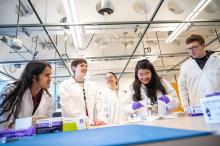
Government investments set to boost new quantum materials facility at UBC
March 13, 2024
Government funding announced today will help advance UBC research into quantum materials, biopolymer synthesis, CO2 conversion, nearshore marine conservation, rural healthcare diagnostics, RNA vaccines, and additional critical areas. The $17 million in funding to UBC Science researchers&mdash… read more
